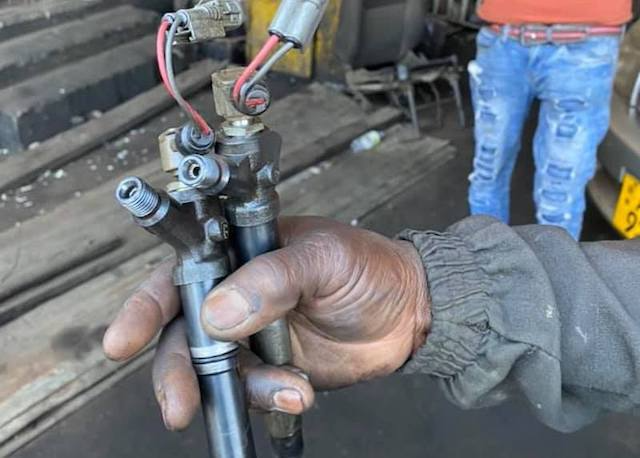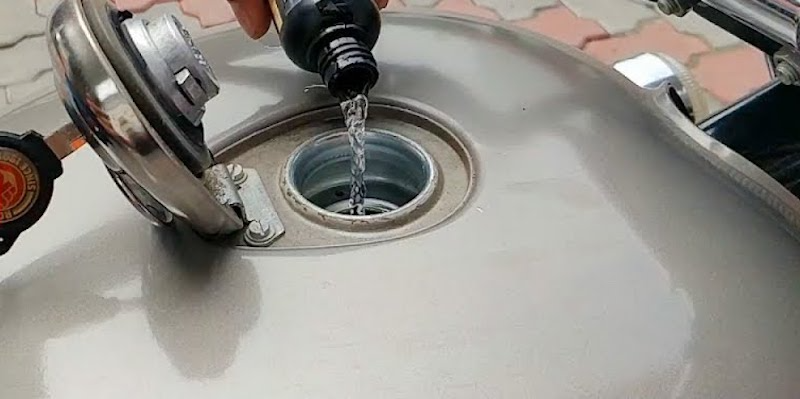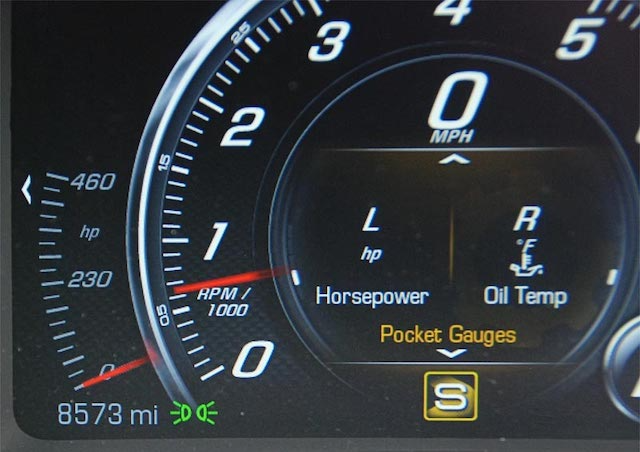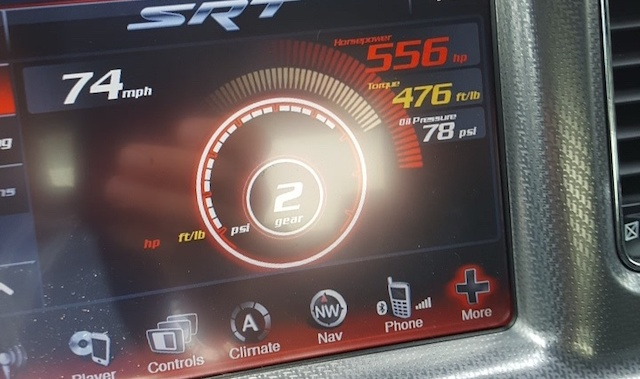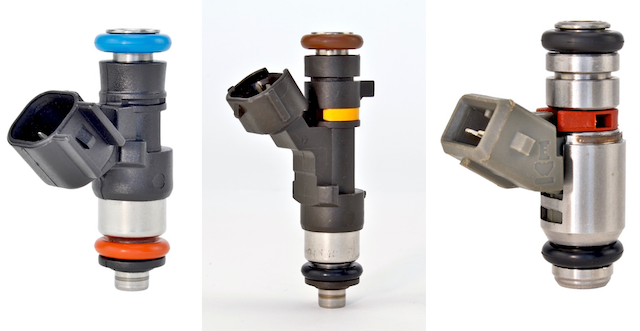Bigger injectors will add more fuel to your vehicle. But what happens if your ECU isn't tuned to accommodate the extra amount of fuel in your engine?
The ECU controls ignition timing, fuel injector duty cycle and timing, and a number of other variables. In most cars, it needs to be tuned to adapt to any performance upgrades made to the engine.
If your ECU isn't tuned for the new fuel mixture, you're going to run into some problems. If the ECU still thinks that your engine is running on stock injectors, it'll make the injectors inject too much fuel into the engine. Bigger injectors inject more fuel than stock injectors do. So when bigger injectors have the same duty cycle and timing as stock injectors, the engine's going to get too much fuel. When that happens, you won't notice an obvious gain in the engine's power.
Instead, the engine will run too rich. That means the fuel will not burn completely. It's a problem because:
- Most of that unburned fuel will go out the exhaust and pollute the environment.
- The unburned fuel will wear out the engine faster. For example, it washes the oil off the cylinder walls. It can also get past the rings into the crankcase and then dilute the oil. In both cases, the engine wears out faster.
- Your vehicle's fuel economy will drop. Your engine will eat up a lot of fuel, some of which isn't going to be used at all. The unused fuel doesn't contribute to your vehicle's mileage.
It's better to avoid all these problems by tuning your engine and adjusting the fuel map when you install bigger injectors. If not, you'll have some serious issues on your hands.

